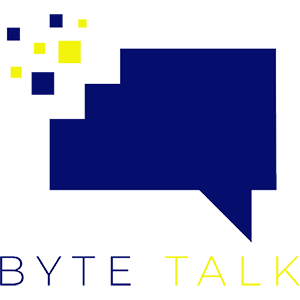Apple may finally bring always-on display to the upcoming iPhone 14 Pro and Pro Max. According to a report from Bloomberg’s Mark Gurman, Apple could introduce the feature with iOS 16, allowing the iPhone to display a limited amount of information even when it’s locked.
Gurman says the iPhone’s version of always-on mode could work similarly to the way it does with the Apple Watch Series 5 and up — the iPhone 14 Pro and Pro Max will drop the lock screen’s frame rate with always-on mode enabled, letting them conserve energy while the display remains powered on. It’s unclear if the new iPhone will use the same low-temperature polycrystalline oxide (LTPO) display Apple uses in newer Watch models. These low-powered screens play a huge part in getting always-on mode to work properly, as they’re built to keep devices from consuming too much power.
Last year, analysts predicted that the iPhone 13 would come with an LTPO display to enable always-on display. A number of Android devices already support always-on mode — and have for many years. On certain Samsung devices, for example, always-on display can show the time, battery level, widgets, and more, all while the phone stays locked.
Gurman expects iOS 16 to come with similar functionalities, including wallpapers with “widget-like capabilities.” Always-on display isn’t the only feature said to be exclusive to the iPhone 14 Pro and Pro Max, as past leaks indicate that Apple may only include its new A16 chip with the two premium devices.
Apple is set to announce a number of other changes at its closely-approaching Worldwide Developers Conference (WWDC) on June 6th. In line with previous predictions, Gurman believes that Apple could introduce enhanced windowing and multitasking features on the iPad. He cites findings from developer Steve Troughton-Smith, who recently discovered that Apple may be working on a feature that could let users freely resize windows. Apple could overhaul some of its apps as well — in addition to adding new audio features to Messages, Gurman predicts Apple will revamp its System Preferences menu to make it more like the Settings app on iOS.




